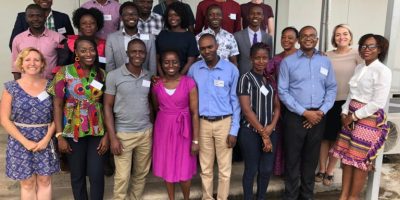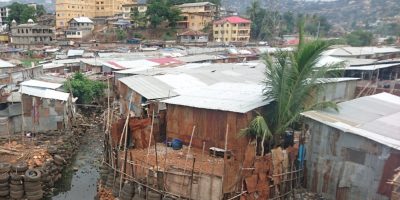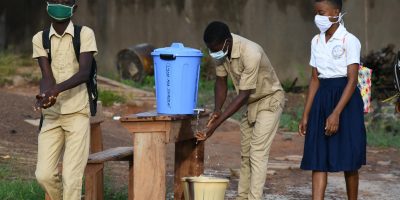Shifting Power in Pandemics will present reflections from the Wellcome Trust-funded collaborative award, the Pandemic Preparedness Project and seek comment and debate on the kinds of efforts and global-local relations needed to strengthen, build and integrate local-level preparedness.
Speakers will include senior representatives from the Ministries of Health in Sierra Leone, Uganda and Paraguay, the World Health Organization (WHO), UK Foreign, Commonwealth and Development Office, and Chatham House. SSHAP-affiliated speakers include regional hub co-Investigators Khoudia Sow and Grace Akello, SSHAP co-Principal Investigators Melissa Leach and Hayley MacGregor, and Melissa Parker and Esther Mokuwa.
The Pandemic Preparedness Project has been researching preparedness ‘from below’ since 2019, asking:
- Who is being prepared – and for what and by whom?
- What can the world learn from people living with multiple health-related uncertainties in African settings?
The Shifting Power in Pandemics event draws on this research. In particular it will focus on three areas. First, it will focus on local-level insights into how people navigate disease outbreaks when there are often intersecting challenges, precarious livelihoods and multiple uncertainties. These raise important insights about the place of local knowledge, diverse formal and informal public authorities, individual and collective agency, and adaptability – and such insights have implications for approaches to community engagement and understandings of the possibilities and limitations of community resilience.
Second, the event will focus on technologies and systems, and there will be a session on the balance between technical, risk-based interventions in response to outbreaks and longer-term initiatives to strengthen health and social protection systems to ensure their agility and build relations of trust. This session will consider how technologies such as vaccines, pharmaceutical treatments and diagnostic tools, and the information about their use, are not just neutral instruments but have important social dimensions. The session will ask: “What might inclusive ‘systems preparedness’ look like in different contexts?”
Third, in a session entitled ‘Connecting preparedness from below’, discussants will consider how global and regional efforts might interconnect more effectively with preparedness ‘from below’: What kinds of local capacities, global-local relations and mechanisms are needed for strengthening inclusive systems preparedness that is attentive to local realities; and how might these concerns contribute to current global conversations?
A final wrap-up and discussion will see comments and questions to a panel comprising Dr Sylvie Briand, Director of the Global Infectious Hazard Preparedness Department (GIH) at WHO; Professor Susan Erikson, Professor in Health Sciences at Simon Fraser University; Professor David Heymann, Professor of Infectious Disease Epidemiology at LSHTM and a distinguished fellow in the Global Health programme at Chatham House; and Dr Chikwe Ihekweazu, Assistant Director General at WHO and leader of the WHO Hub for Pandemic and Epidemic Intelligence.





